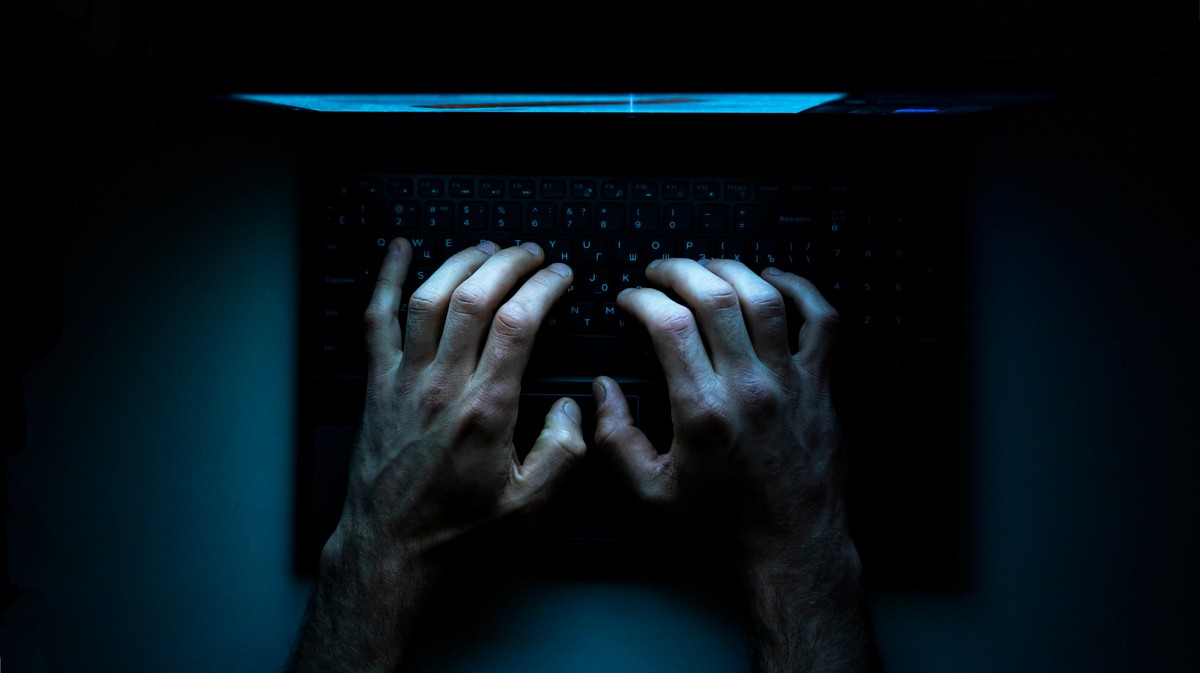Scientists show how ‘doing your own research’ leads to believing conspiracies — This effect arises because of the quality of information churned out by Google’s search engine::Researchers found that people searching misinformation online risk falling into “data voids” that increase belief in conspiracies.



Okay, but how do I recognise valid from invalid, bias from unbiased?
Take that sketchy blog you linked me to, it’s just some thing some guy wrote. Can that be trusted? Must I spend significant free time to do in-depth research on all of his references to ascertain if he’s valid and unbiased? How will I know if the sources are valid and unbiased? Will I have to do in-depth research on all of their references too? When does it end?
At some point you just have to trust someone, you can’t unravel the complete truths of anything to their very core. Most of us don’t even have the free time to unravel things more than a little bit.
I see the point you’re making and don’t entirely disagree, critical thinking is something that’s taught and learned, and it’s what makes the difference here. But this idea that we can ever actually know that what we’re reading is reliable or unbiased? I don’t buy it.
I think it’s impossible to actually know if a source is reliable without directly confirming its assertions with your own eyeballs.
And, I think it’s impossible to actually know if a source is endeavouring to actually be unbiased, or if they have an agenda or plan, without literally reading the minds of those involved to ascertain their motives and potential schemes.
At the end of the day, people who place their bets on one side of the fence or the other when it comes to who to trust aren’t so different. Critical thinking and the ability to ask questions constantly and never take anything you hear as truth just on the face of things is what’s most important, I think. That way, you’re at least a little more prepared to spot lies when they crop up.
I guess that’s my point, haha.
Unfortunately after coming to this realisation I don’t know who to trust any more :-( Obviously I can’t trust the media, they’re owned by the rich ruling class and even when they report truths, they do so via a thick veil of bias that makes it difficult to know if I’m getting all the facts, or if I’m missing out on huge important chunks of information entirely.
Take all the reporting on our recent UK strikes, all the reporting was there, but it was all about how disruptive and terrible the strikes were for everyone else, painting a picture of selfish, greedy workers making things worse for everyone else because they only care about themselves. The whole article would barely if at all mention in any depth why they’re striking, why they felt they had no other choice, how this is a symptom of a larger problem with late stage capitalism, etc.
The media is owned by the rich, obviously they’re going to paint the picture they want. And that news source I’m talking about isn’t even privately owned, it’s our tax funded government news organisation.
The government itself is also owned by the rich, our PM is just a few million short of being a literal billionaire, he’s a business capitalist. They can’t be trusted either. They all have their own agendas and reasons to skew facts and trick people.
Take Brexit as a well known example of both private interests AND the government itself tricking millions of people with lies and deception and exploitation to make an absolutely terrible decision that damaged this country irreparably. Everything people saw on TV, websites, social media, newspapers, radio, leaflets, etc, was chock full of disinformation, emotional trickery, etc.
Even the people saying Brexit was a bad idea had their own agendas and clear bias, and while I side with them, can I truly, honestly say that what they said is unbias and definitely reliable with no hidden ulterior motives? Alas, no.
So where do I get my reliable, unbias information even if I have my critical thinking hat on? I’ve come to the conclusion that I can’t believe anything, not fully, unless I see it with my own eyes. Everything, and I mean EVERYTHING that comes to me through other channels is twisted along the way by bias and agendas.
I’m not happy about it, it makes me very sad :-( But yeah, that’s kinda where I’m at these days.
I totally get where you’re coming from in regard to the importance of critical thinking and media bias/government influence.
As for my blog, the references section is how how I affirm it’s valid information. I used scholarly sources or reputable publications, like Psychology today, and only linked to media sources when it was pertaining to the current radicalism in our politics over here in the US.
But even then, I personally use independent media fact checkers on the media institutions I cited. Cross-checking what those articles state is pretty easy, and having multiple unbiased/less biased sources corroborating reporting is a decent indication it is accurate.
But as you said, recognizing the validity of citations is a learned skill. Speaking personally, this was a skill I developed academically. I often encourage people to take a critical thinking course at a local community college and I believe that should be mandatory curriculum in high school/secondary school.
That certainly provided me with a buffer to the misinformation and radicalism that I’ve seen grip and corrupt so many people I know/knew.